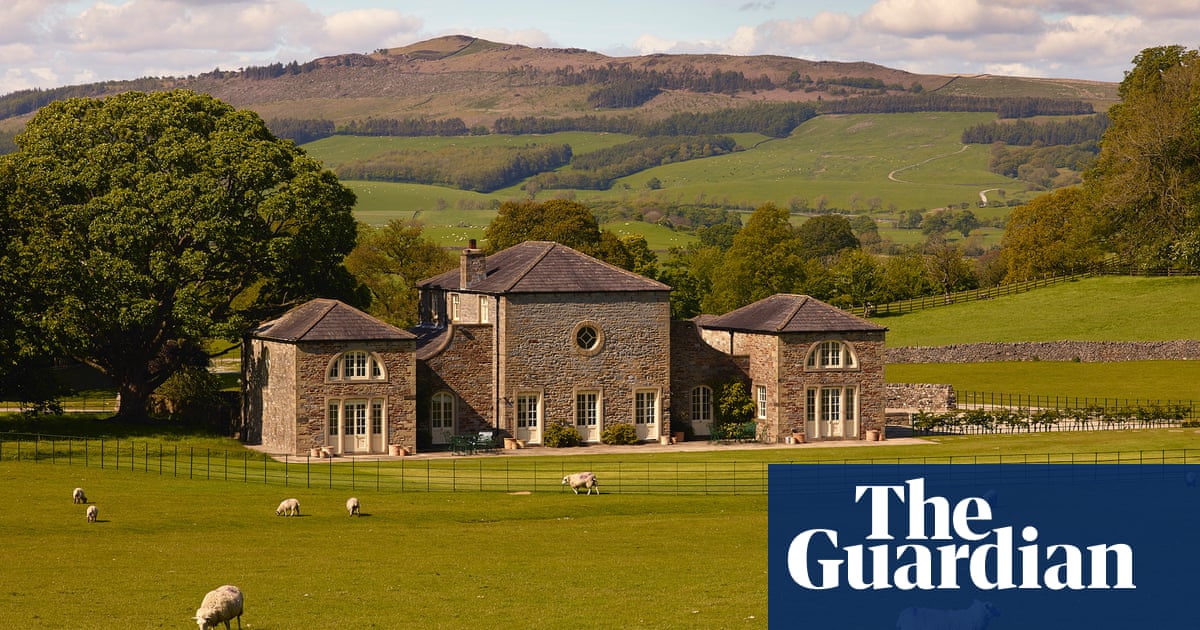
A European environmental organisation is looking to expand its number of rewilding landscapes – areas where endangered wildlife is reintroduced and protected – after being awarded a grant of £4.1m.
The grant has been pledged to Rewilding Europe in the hope of scaling up rewilding efforts throughout several parts of the European continent.
Rewilding Europe has linked the reintroduction and preservation of wildlife with stabilising the climate, claiming in a post earlier this year that “enabling wildlife populations to recover in both number and diversity … could significantly reduce atmospheric carbon and move us beyond net zero”. The organisation also believes there could be real benefits to local economies, through wildlife and nature-related tourism, such as the European Safari Company, whose locations include several Rewilding Europe landscapes.
Founded in June 2011 in Nijmegen, Netherlands, the non-profit organisation already operates a number of existing projects in regions including the Affric Highlands in Scotland, Swedish Lapland, the southern Carpathians in Romania and the Greater Côa Valley in Portugal. With the help of the funding, an unspecified 10th rewilding landscape will be launched at the end of the year, with a further five being opened before 2030.
Animals already reintroduced into the wild include bison in Kent, the first time in thousands of years that the large bovines have been seen in the area, as well deer and even a breed of cattle that resemble the extinct aurochs returning to the areas they previously called home.
The grant was awarded to the Dutch organisation by British based charity the Arcadia Fund. Formed in 2002 by husband-and-wife team Peter Baldwin and Lisbet Rausing, both historians, the fund aims to “preserve endangered cultural heritage, protect endangered ecosystems and promote access to knowledge”.
The charity had made a previous donation of £1.4m to Rewilding Europe in 2019, and since 2021, it has donated around £62.5m to other environmental causes.
With the grant, Rewilding Europe is hoping to “support wildlife comeback and coexistence” as well as launch the European Wildlife Recovery Fund towards the end of September this year. Part of this includes repopulating areas, with an emphasis being put on large herbivores including bison and wild horses. While many species that have left their habitats come back naturally, some need to be reintroduced by humans.
Advertisement
Frans Schepers, executive director of Rewilding Europe, expressed his gratitude to the Arcadia Fund, saying that he was “thrilled, humbled and hugely gratified” by the continued trust placed in them by Arcadia.
Schepers, who was one of Rewilding’s four co-founders more than a decade ago, said the grant would also contribute significantly to their “Strategy 2030”, a strategic plan initiated in 2021, that sets the year 2030 as a deadline to expand the number of rewilding landscapes across the continent from 10 to 15.
While the new landscapes are yet to be announced, it has been confirmed that they will include marine and coastal ecosystems, a first for the project, and will bring the combined area to around 8m hectares, roughly the size of Scotland.











